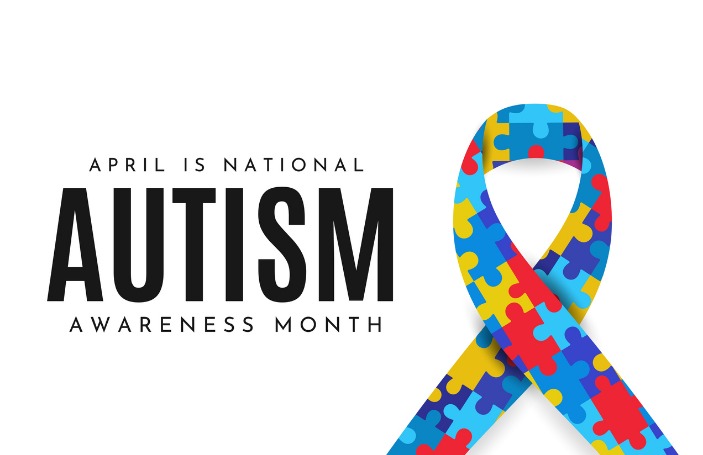Music has the power to transcend barriers and connect people in ways that words cannot. For children with autism, learning to play the piano can be a transformative experience that helps them express themselves and develop important skills.
Understanding the Benefits
Piano lessons provide a structured and therapeutic environment for autistic children to learn and grow. Music has been shown to improve cognitive abilities, enhance social skills, and boost self-esteem in individuals on the autism spectrum.
Playing the piano requires focus, concentration, and coordination – skills that can be challenging for children with autism. However, the repetitive nature of practicing can be calming and soothing for them, helping them to regulate their emotions and build confidence.
Creating a Safe Space
One of the key benefits of piano lessons for autistic children is the creation of a safe and supportive environment where they can express themselves without fear of judgement. Music serves as a universal language that allows them to communicate their emotions and thoughts in a non-verbal way.
Many autistic children struggle with social interaction and communication, but music provides a way for them to connect with others and build relationships. Learning to play the piano alongside peers can foster a sense of community and belonging that is often lacking in their daily lives.
Personalized Learning
Each autistic child is unique and may require individualized instruction to thrive in piano lessons. A skilled teacher who understands their specific needs and challenges can make a world of difference in their musical journey.
Adapting teaching methods and techniques to accommodate the strengths and weaknesses of each child is essential in helping them succeed. Patience, empathy, and a genuine passion for music are crucial qualities that a piano teacher working with autistic children must possess.
Conclusion
In conclusion, piano lessons can be a valuable tool for helping autistic children reach their full potential and discover the joys of music. By providing a nurturing and inclusive environment, teachers can help these children develop important skills that will benefit them for a lifetime.
Through the power of music, autistic children can find their voice and express themselves in ways that they may not have thought possible. With the right guidance and support, they can unlock their potential and shine brightly in the world of music.
Read more about music therapy for autism online here.






